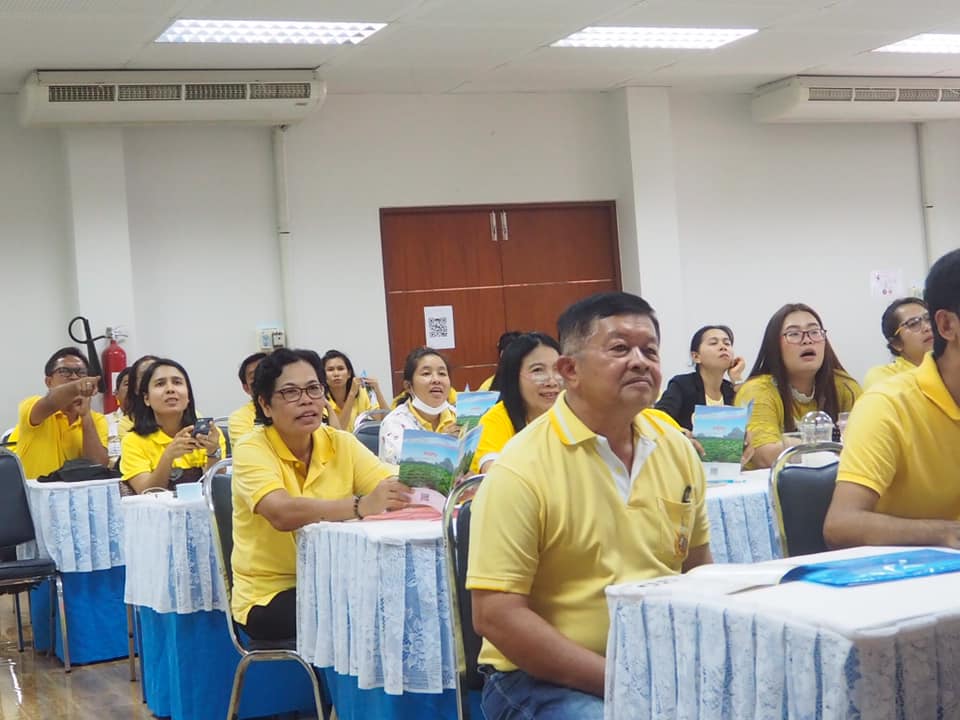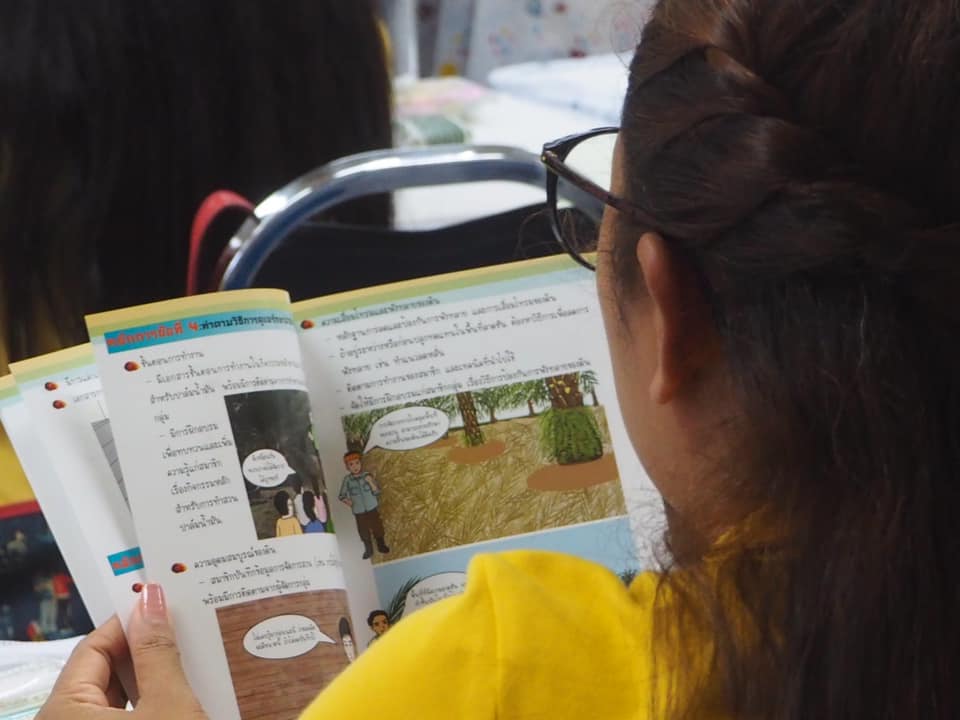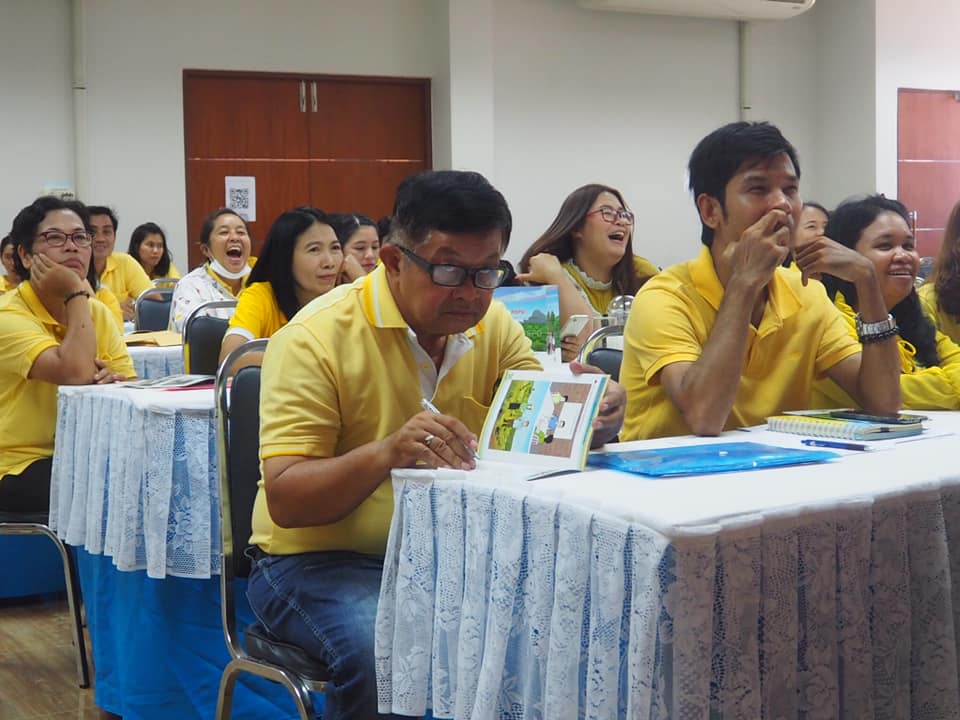Thai government officials are making sure that palm oil growers adopt the Roundtable on Sustainable Palm Oil (RSPO) standard to meet the international criteria, in which sustainability is main objective.
About 130 government officials, mostly from the Department of Agricultural Extension and the Department of Agriculture attended a separate one-day training course on April 3 in Krabi and April 19 in Chumphon province of southern Thailand which covers a wide range of topics such as the world’s palm oil situation, the EU’s intended ban on climate-unfriendly palm oil, the roles of the RSPO and palm oil plantation and its effects on greenhouse gas emission.
Course sessions were organized by the Sustainable and Climate-friendly Palm Oil Production and Procurement (SCPOPP) project, aiming to create better understanding about the benefits of the sustainability in the palm oil plantation.
Even though oil palm prices in Thailand have sharply dropped for the past two decades, Kanokwan Saswattecha, project manager of the Sustainable and Climate-friendly Palm Oil Production and Procurement (SCPOPP) in Thailand has assured that the European Union (EU) will not ban palm oil trade from Thailand if the products are in line with the RSPO standard.
“This is a golden opportunity for the Thai palm oil farmers because palm oil production from our country is climate-friendly and does not harm environment,” she noted.
The RSPO-certified palm oil ensures buyers that the plantation does not involve any harmful agricultural practice such as slash-and-burn farming method, causes haze air pollution and affects lives of wildlife animals and humans.
“When the products meet the international standards, palm oil farmers will not have to worry about the falling crop prices [because they can sell their products to foreign buyers],” Kanokwan said.
In late July, about 120 trainers in three oil palm producing provinces – Surat Thani, Krabi and Chumphon – will be undergoing a series of training in the SCPOPP project supported by Thailand’s Department of Agricultural Extension and Department of Agriculture in partnership with German International Cooperation (GIZ).
The trainers will pass on knowledge about the sustainable palm oil production to at least 3,000 farmers next year.



